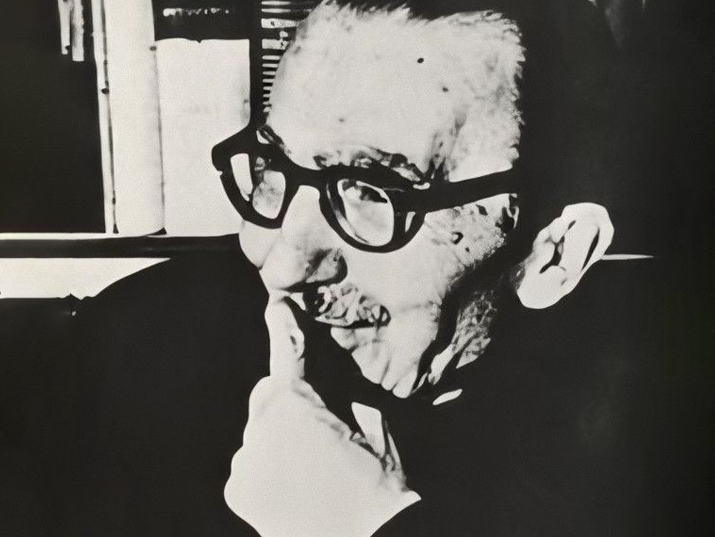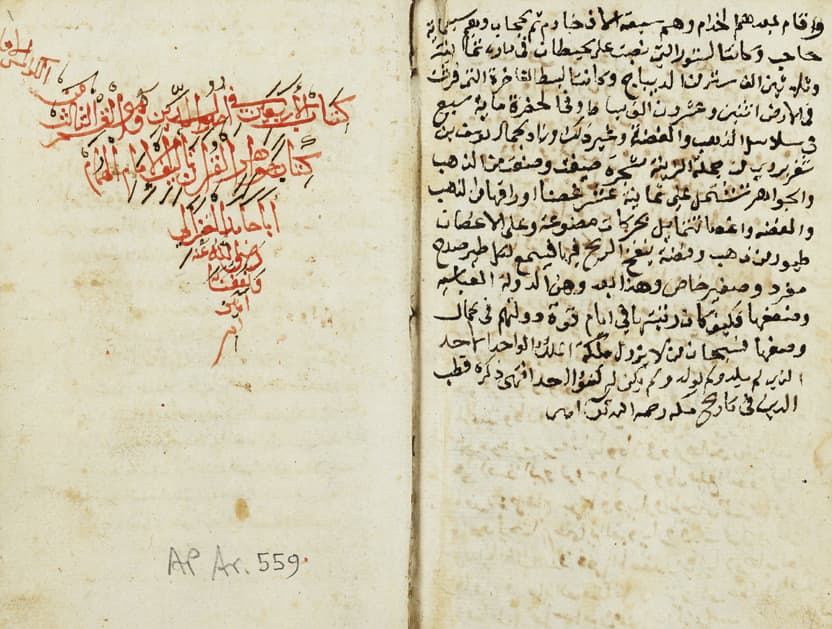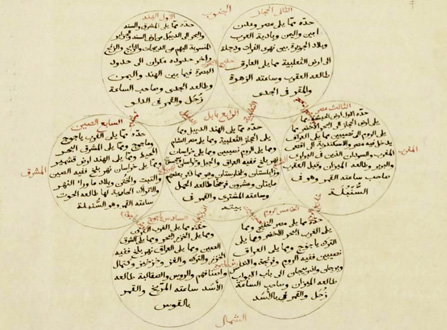Martin Buber (1878-1965) witnessed the great upheavals of the 20th century. Born in Vienna, he spent his childhood in Lemberg (Lvov), in Galicia. A major figure in pre-war Berlin Judaism, he left for Jerusalem in 1938, where he established himself as an essential thinker. His work and interests, which crossed among others those of Freud, Einstein, Rosenzweig, Scholem, and Ben Gurion, are not only that of a philosopher of otherness and of mystical piety, but also of an indefatigable Zionist, supporter of peaceful coexistence and enemy of totalitarianism. The archive contains biographical material, philosophical writings, writings on the Bible, Hasidism, Judaism, Zionism, and the Arab-Jewish problem, material documenting his social and ideological activities and his activities connected to the Hebrew University, other people's manuscripts, correspondence, bibliographies and more.
Martin Buber archive
لتكبير النص لتصغير النص
| العنوان |
Martin Buber archive. |
|---|---|
| عنوان بديل |
כותרת בעברית: ארכיון מרטין בובר. Archive of Martin Buber. |
| ملاحظات |
Copies/עותקים: There are microfiche copies of all the correspondence. |
| ملاحظة اقتباس |
ARC. Ms. Var. 350, Martin Buber archive, Archives Department, The National Library of Israel, Jerusalem. |
| هذا جزء من |
Martin Buber archive. |
| lds70 |
Ms. Var. 350 |
| مستوى التوصيف |
Fonds Record |
| lds53 |
There are microfiche copies of all the correspondence. |
| lds57 |
Martin Buber was born in Vienna in 1878 as son of Carl (Castiel Salomon) Buber, a successful merchant and of Elise Wurgast, a Russian actor from Odessa. His parents divorced in 1881, and he grew up in the care of his grandparents in Lemberg, Galicia (today Lviv, Ukraine). He never received an explanation about his parents' divorce and was concerned about it for all his life. He didn't grow up speaking German, but attended a Polish school, with his grandfather he spoke Yiddish, and only his grandmother spoke German with him. This multilingual environment resulted in a gift for languagues, all his life he was able to correspond in German, Hebrew, English, French, Italian and Polish. He also read Greek and Latin. His grandfather was Salomon Buber, at that time one of the important researchers and collectors of the Hasidic traditions in East Europe. Martin Buber studied in Vienna, Leipzig, Zürich and Berlin. In 1903 he received his PhD with the dissertation "Zur Geschichte des Individuationsproblems-Nicolaus von Cues und Jakob Böhme". In 1899 he had met Paula Winkler, a Catholic, and after her conversion they married in 1907. She worked with him, and also published her own writings under the pseudonym Georg Munk. Buber had met Theodor Herzl in Vienna and joined the Zionist movement. Herzl assigned the direction of the Zionist magazine Die Welt to Buber in 1901. Buber was co-founder of the Jüdischer Verlag in 1902. Beginning in 1905 he worked for the publisher Rütten & Loening as editor. In 1908 he was co-founder of the Sozialistischer Bund with Gustav Landauer, Erich Mühsam and others. Buber lived in Berlin from 1907 until 1916. With Salman Schocken he founded the monthly Der Jude in 1916 and became its editor. In 1916 the Buber family moved to Heppenheim an der Bergstraße, where he published in 1923 his main work "Ich und Du", and began with Franz Rosenzweig Die Schrift, a new translation of the Bible. From 1924 until 1933 he was lecturer and then professor for Jewish religion and ethics at the university of Frankfurt am Main, and resigned in early 1933 to preempt being suspended by the Nazis. He then worked with the coordination center for education of Jewish adults. In 1935 he was ordered to cease any public speaking. He left for Israel in 1938, his house was devastated during the progroms in November of the same year. From 1938 until 1951 he lectured anthropology and sociology at Hebrew University. In 1953 he was awarded the Friedenspreis des Deutschen Buchhandels, and caused great uproar by accepting it in the Paulskirche in Frankfurt as a symbol of cooperation with Germany. He was one of the founders of the Leo Baeck Institute. Paula Buber died in 1958 in Venice while returning from a visit to the United States. Martin Buber died in 1965 in Jerusalem. |
| lds79 |
The archive was permanently deposited at the JNUL by Martin Buber's family after his death. |
| lds58 |
The material is in German, English, Hebrew and French. |
| الإعتمادات |
Martin Buber archive, The National Library of Israel. Digitization and cataloguing of this fonds with exception of Series 8 (Correspondence) was funded by Deutsche Forschungsgemeinschaft (DFG / German Research Foundation) under Germany's Excellence Strategy - EXC 2176 'Understanding Written Artefacts: Material, Interaction and Transmission in Manuscript Cultures', project no. 390893796. The research is conducted within the scope of the Centre for the Study of Manuscript Cultures (CSMC) at Universität Hamburg. Martin Buber archive, The National Library of Israel. Digitization and cataloguing of Series 8 (Correspondence) was funded by the Digitization Project of Academy of Sciences and Literature in Mainz in cooperation with Goethe University in Frankfurt am Main and Schiller University in Jena. |
| رقم النظام |
990026183870205171 |
| קישורים |
תמונת ארכיון |
عند كل استخدام، يجب تحديد المادة في النموذج التالي:
Martin Buber archive, The National Library of Israel. Digitization and cataloguing of this fonds with exception of Series 8 (Correspondence) was funded by Deutsche Forschungsgemeinschaft (DFG / German Research Foundation) under Germany's Excellence Strategy - EXC 2176 'Understanding Written Artefacts: Material, Interaction and Transmission in Manuscript Cultures', project no. 390893796. The research is conducted within the scope of the Centre for the Study of Manuscript Cultures (CSMC) at Universität Hamburg. Martin Buber archive, The National Library of Israel. Digitization and cataloguing of Series 8 (Correspondence) was funded by the Digitization Project of Academy of Sciences and Literature in Mainz in cooperation with Goethe University in Frankfurt am Main and Schiller University in Jena.
MARC RECORDS
وسوم
- Buber, Martin, 1878-1965
- Philosophy -- History -- Archives
- History, Modern -- Archives
- Hasidism -- Archives
- Zionism -- Philosophy -- Archives
- Adult education -- Israel -- Archives
- Education -- Germany -- Archives
- Arabs -- Archives
- Zionism -- Archives
- Germany
- Israel
- German -- Bible. Versions Archives
أتعرفون المزيد عن هذا العنصر؟ وجدتم خطأ ما؟

 سجل الدخول باستخدام غوغل
سجل الدخول باستخدام غوغل
 تسجيل الدخول باستخدام فاسيبوك
تسجيل الدخول باستخدام فاسيبوك




